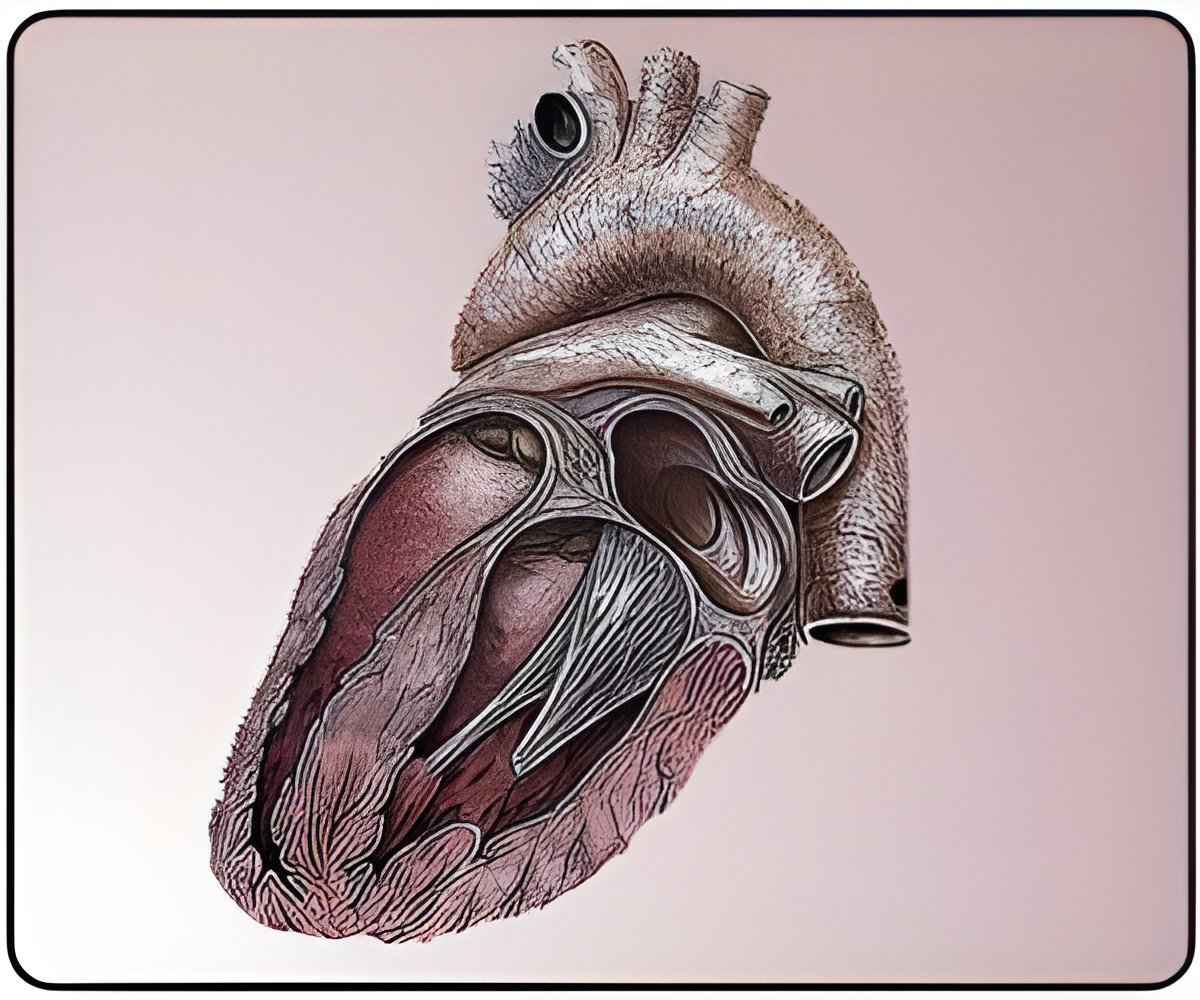
The zebrafish is an excellent model organism to study heart growth and development because there are established genetic approaches that permit visualization of fluorescent beating hearts within transparent embryos.
After screening nearly 4,000 compounds, the researchers discovered three structurally related molecules that could selectively enlarge the size of the embryonic heart. The compounds, cardionogen-1, -2, and -3, could promote or inhibit heart formation, depending on when they were administered during development.
Cardionogen treatment enlarged the zebrafish heart by stimulating production of new cardiac muscle cells from stem cells.
They went on to show that cardionogen could stimulate mouse embryonic stem cells to differentiation into beating cardiac muscle cells. The effects of cardionogen were linked to Wnt signaling, a pathway best known for its role in embryonic and heart development.
Cardionogen opposes Wnt signaling to induce cardiac muscle cell formation. Importantly, the interaction of cardionogen with Wnt seemed to be restricted to specific cell types.
Advertisement
"Evaluating the potential of cardionogen on human adult and embryonic stem cells is the next logical step," Zhong, senior author of the study, said.
Advertisement
The study has been published in the journal Chemistry and Biology.
Source-ANI











